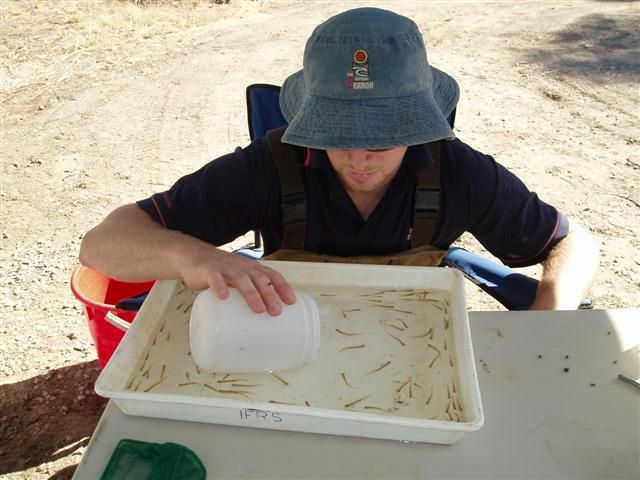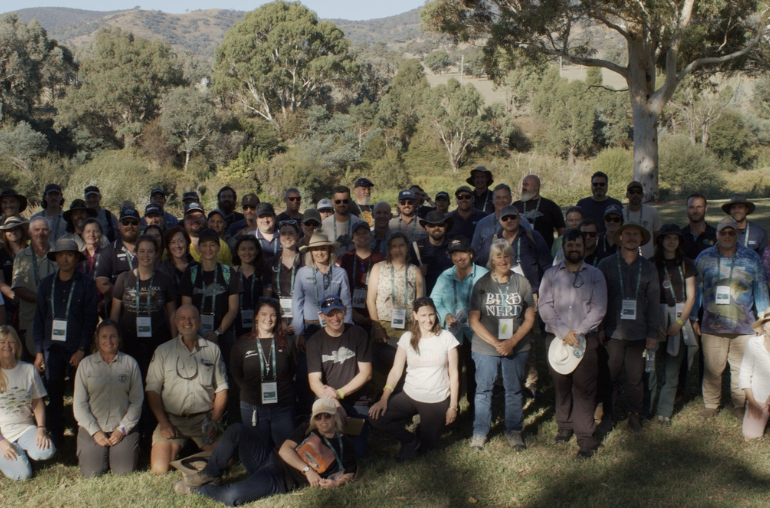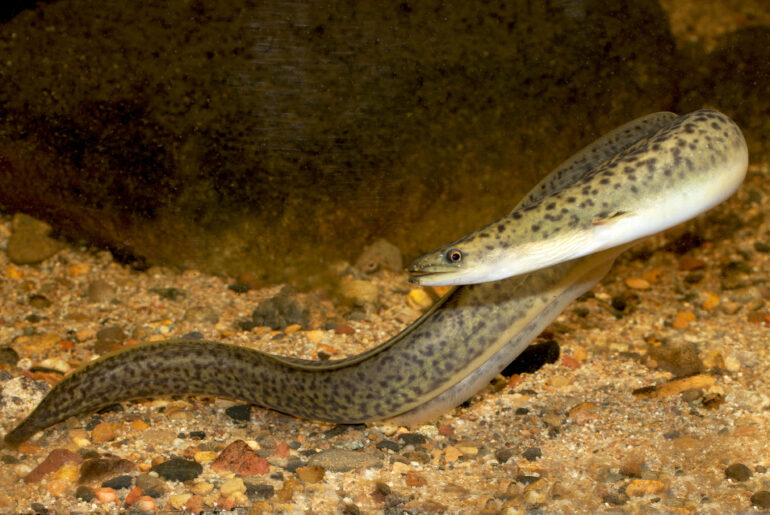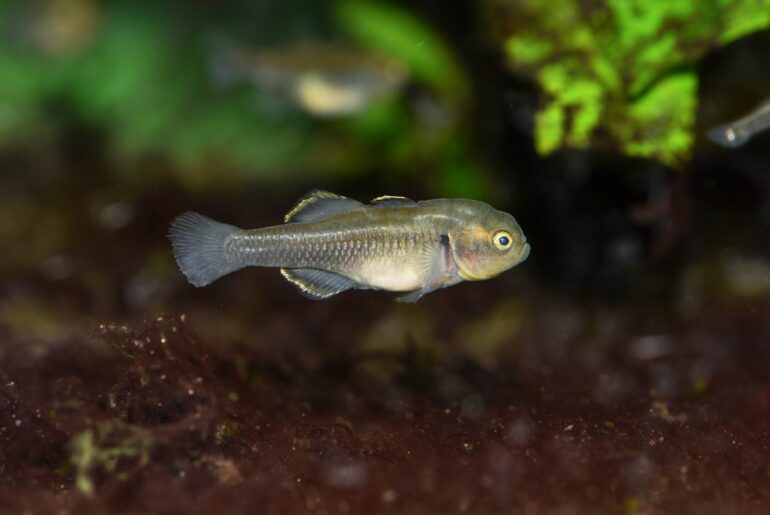There is a significant amount of data already collected through historical projects, and it would be incredibly valuable to be able to combine these datasets to assist in making informed management decisions relating to native fish in the MDB. A spatial information system containing both fish and environmental data would provide a powerful resource for monitoring and managing the Basin’s fish and rivers. This project set out to describe the key elements of a spatial fish information system (Murray-Darling Freshwater Fish Information System – MDFFIS) designed to become one of the core tools used by researchers, managers and policy makers in their efforts to restore native fish distribution and abundance in the MDB.
Specifically, this project aimed to:
- Identify essential elements of the MDFFIS;
- Decide on the best structure for the MDFFIS; and,
- Outline a clear path for development of the MDFFIS.
Findings:
The MDFFIS is a system that can store, manage and synthesise data while providing information outputs and a platform for data analysis. The opportunities it presents in terms of initial collation of data and eventual range of functionality makes it desirable to a wide range of stakeholders.
In developing the MDFFIS four components were identified:
- Collection: refers to the initial collection of metadata/data that will ultimately be the basis of the MDFFIS.
- Storage: is the infrastructure required to store the metadata and data in a structured format.
- Management: is the infrastructure and protocols and personnel required to administer and maintain the metadata/data including quality control and access levels.
- Supply: is the infrastructure and processes required to access and search the MDFFIS.
The report for this project identified that collection and storage had already begun. Tasks yet to be undertaken were identified as follows:
- Continued collecting and storing meta-data;
- Establishing linkages with organisations to house, manage and supply data on the MDFFIS;
- Developing a working prototype user-interface for data discovery; and,
- Demonstrating how products from a fully fledged MDFFIS will support decision making (i.e. prioritising research funding and management actions as well as accountability and reporting on NFS driving actions).
This project has helped to define the benefits of an MDFFIS, key components and stages in development. Such a resource would be invaluable for the management of the Basin’s fish and waterways. The MDFFIS has the potential to help define MDB data management.



